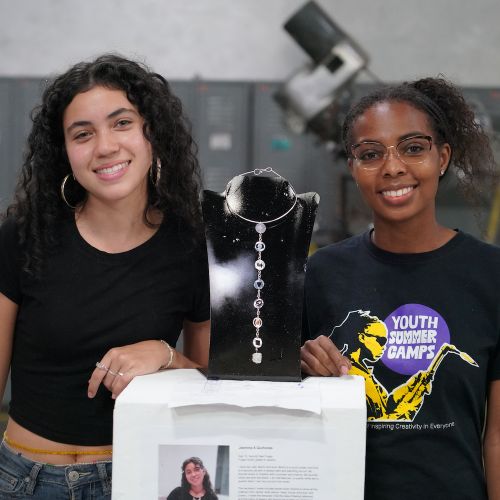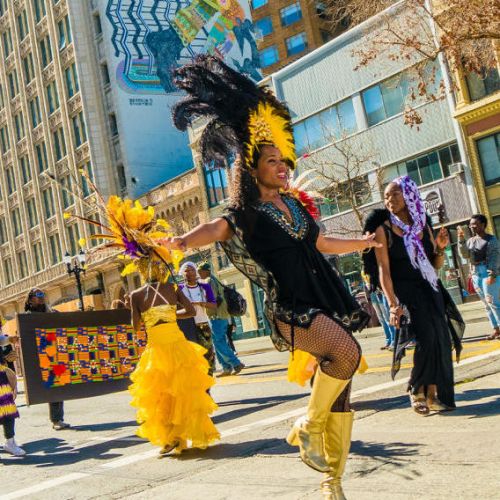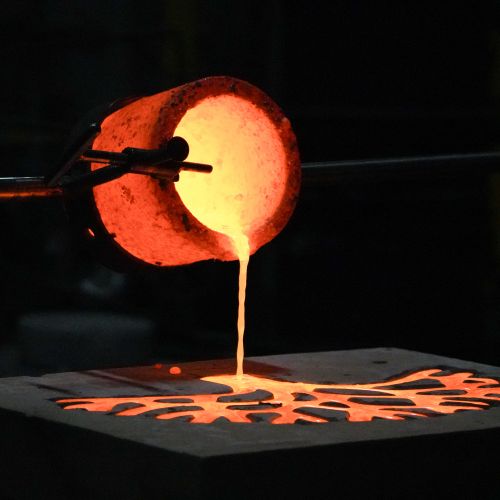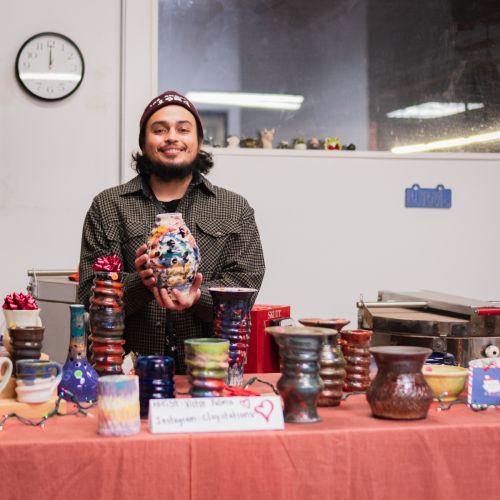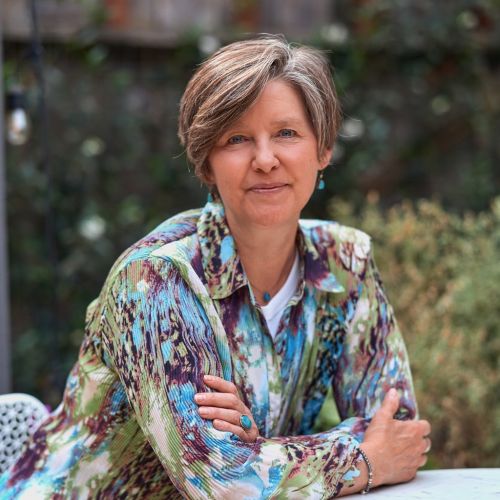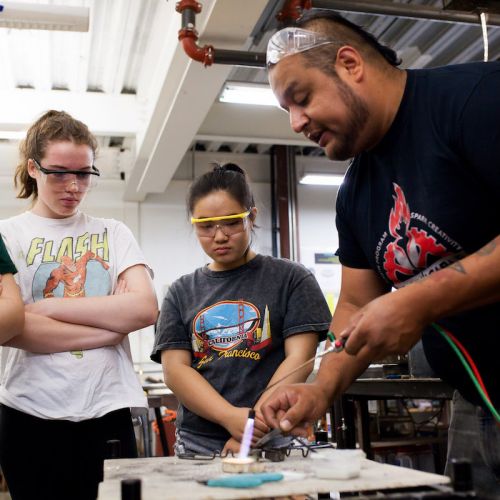by Natasha von Kaenel
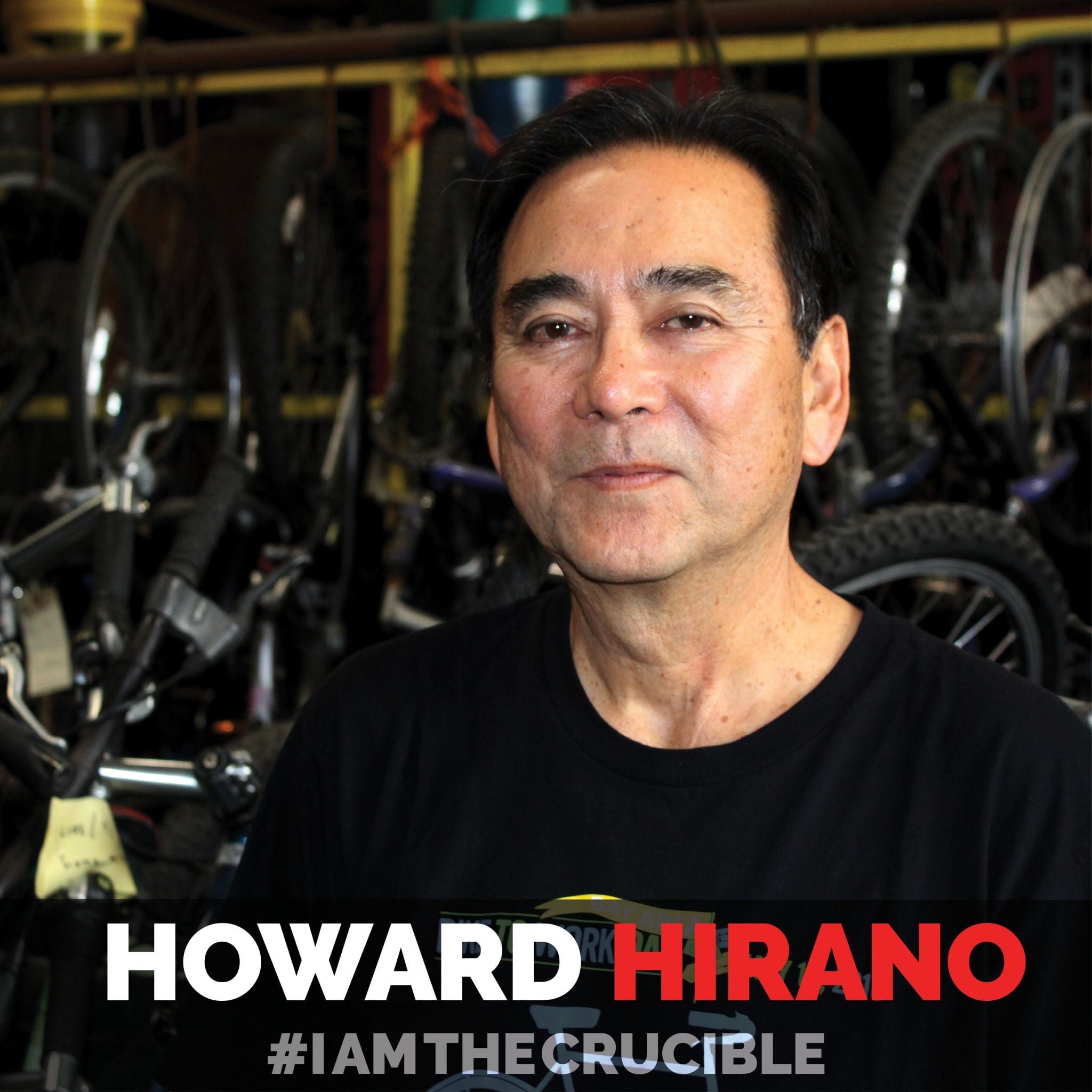
Both of Howard Hirano’s parents were adults during the Great Depression, his mother was a seamstress, and his father a mechanic. When Howard was a child, much in his household was created or built by someone he could name. And even though that is something our society has moved away from, Howard says he enjoys volunteering at a place where that spirit still lives on.
When Howard graduated from University of California, Berkeley, he started working as a mechanical engineer. At that time, the industry was still very tactile and hands-on. He remembers working with artists to build detailed models to scale, going through one prototype after another as plans changed and errors were uncovered. It is that process of problem solving, creativity, and discovery that Howard appreciates seeing young folks explore in the Bike Shop.
We sat down with him to discuss how his experiences as a retired mechanical engineer, as a volunteer in the Bike Shop, and as a member of The Crucible community have impacted his thinking these last four years, excerpts below.
What brought you to The Crucible?
When I worked as an engineer, I was constantly on the road, in Washington D.C. once or twice a month working on big projects that took a long time. It was a very hectic lifestyle. When I retired, I came to realize these problems we are facing are so big, they won’t be solved in my lifetime. So it was refreshing to just become more engaged with my local community, to make a difference with a kid who is going to finish something in a few days, where everything is wrapped up in a week. Life isn’t like that.
What makes the community of The Crucible special?
It’s the teachers and the artisans and the staff, but it’s also the people who come here. It’s the kids who come off the street, looking for something to do, trying to get their bicycle fixed. In a lot of places, you find a lot of people wanting to be entertained. Here I think it is a little different. The people who wander in want to learn how to do something for themselves. They come to the Fix-A-Thons because they really need that bike and are genuinely appreciative of the help offered. They are looking for meaning in the things they do, in what they contribute. That makes this a different kind of place.
What impact does The Crucible have on the community?
The Crucible exposes people of this area to the tinkering mentality. We aren’t going solve the big problems by proposing one grand solution. It will take a lot of trial and error. And when you make stuff, you screw up a lot — whether you are trying to repair a car, a bike, or making something in the Blacksmith shop. If you don’t understand that, you are less forgiving of tinkering your way through the successive prototypes necessary to solve our bigger problems.
What is something people don’t know about The Crucible that they should?
Almost all the folks I have met around here are generally not what I would call middle class. They are at the edges, for various reasons. And I think that people don’t understand that these folks will be the ones defining the future. People at the edges are trying new things, they are experimenting, and they are the ones who will emerge as leaders in unexpected ways.
I think others should pay attention. There are not enough places for us to mix and cross boundaries. But I think this place is. People can come here, take a class, and get to know some of the artisans here. They can learn from them, learn something about craftsmanship, about pride in workmanship, and at the same time understand themselves better, too.
What could you not live without?
It’s not a thing. It’s kind of an abstract answer: a liberal democracy. Having a society where the rights of individuals are protected and preserved. My grandparents came to the U.S. as contract laborers, and I have the luxury of coming to The Crucible because my extended family and community all worked really hard for us to do well. That was only possible because an egalitarian culture made it possible.
